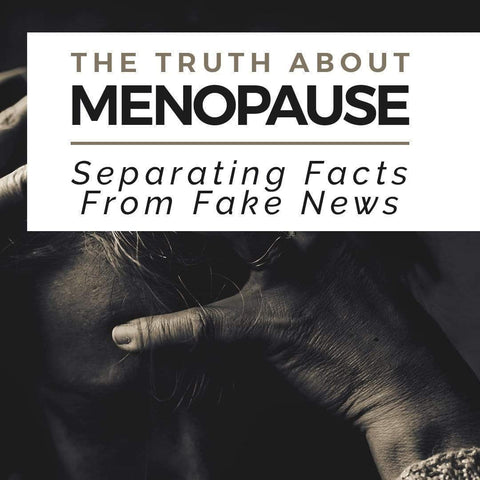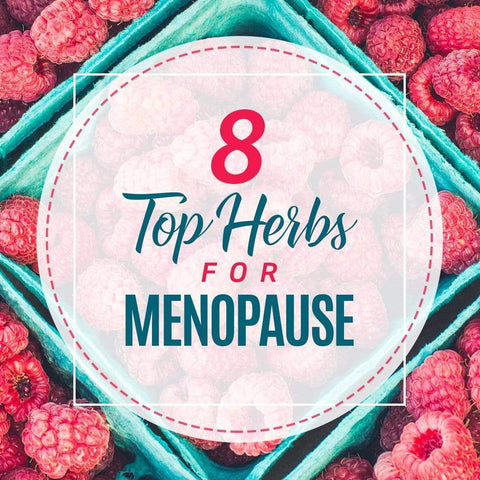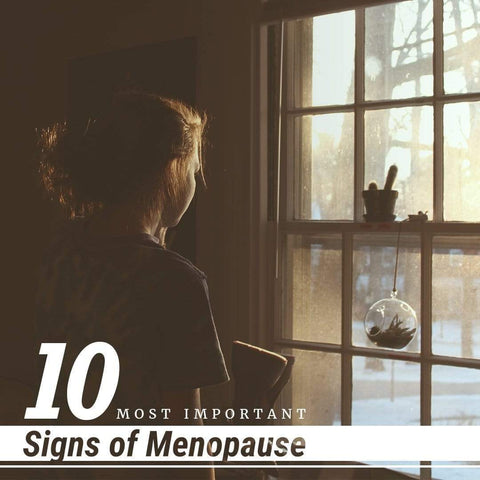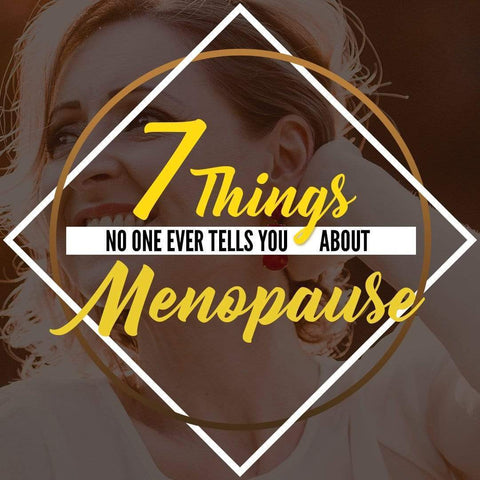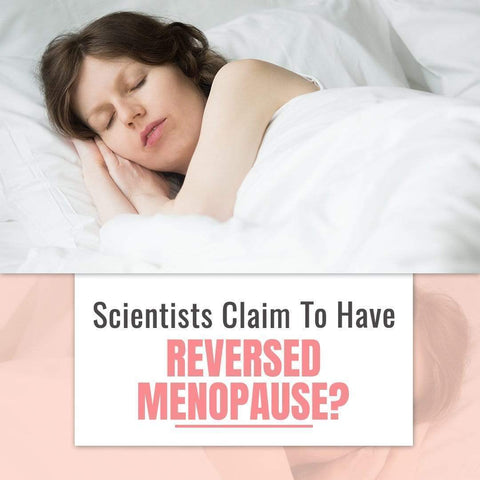
This may be hard to swallow, but many women don’t realize how profound the effects of menopause will be on their bodies.
Some may view the transition out of the reproductive years as just a minor change to brush off casually and not think about. Some may think that their only problems will be that they gain weight a little easier or that they will be a little more tired.
Or that the effects of menopausal hormone decline are only something to be temporarily experienced.
The difficult truth is that the negative effects of hormonal loss impact the lives and bodies of women in dramatic ways. And these effects can be felt for a long time, not just during the transition period of menopause.
The following list includes a few things that you probably haven’t been told about menopause.
1. You Might Feel Exceptionally Tired

Some women experience dramatic fatigue, have little physical energy, and feel mentally drained when their hormone level is declining. Some estimates conclude that over 50% of women feel this way during menopause 1. And it’s not just a casual tiredness. Researchers describe a “decreased health-related quality of life” in these women 1.
Other researchers describe the effect on energy caused by hormonal changes as a “destabilization” of signalling messages throughout the body. This includes hormones and neurotransmitters, as well as the circadian rhythm that tells you when to sleep and when to wake up 2.
And don’t expect this energy to come back as your hormones decline and the energy powerhouses in your cells, or mitochondria, get weaker. Of course, that’s the case if you do nothing about these issues!
2. Weight Gain Could Be More Serious Than You Thought
Gaining 3 or 4 pounds might not be that big of a deal, but it is likely that many women will gain more. More importantly, the reasons behind the weight gain and the risks that accompany it are insidious.
This increase in insulin and fat tissue causes an increase in inflammation throughout the body, which can lead to accelerated aging and increased chance of many diseases 4.
Researchers make it clear: weight gain in midlife that can accompany menopause causes a “heightened risk of cardiovascular and metabolic disease” 3. Sexual function and “quality of life” can also be harmed by this weight gain 3.
The reason that weight gain is common during and after menopause is that a loss of estrogen causes the fat-storing hormone, insulin, to increase in the body 3.
This increase in insulin and fat tissue causes an increase in inflammation throughout the body, which can lead to accelerated aging and increased chance of many diseases 4.
Exclusive Bonus! Download the FREE report ‘12 Steps For Natural Menopause Relief’ by clicking here.
3. Unforeseen, Debilitating Toxicity
This one is pretty weird.
Researchers have recently shed light on the probability that many symptoms of menopause might be caused in part or exacerbated by toxic pollutants in women's bodies.
Take this for example. When estrogen declines, bones break down more easily. Toxic lead is stored in our bones, and about 90% of lead in the body is stored in the bones 5. When bones break down, this lead is released into the body and can cause a variety of debilitating symptoms that could be blamed on hormonal decline 5.
Additional research has supported this theory, finding that during menopause more lead is released from the bones and into the blood, which affects the whole body6.
Menopause is known to make you more susceptible to the toxicity stored in your body!
4. You Might Have Lasting Sleep Issues

Remember the “destabilization” of signalling messages that was mentioned earlier? Your circadian rhythm gets off-balance during menopause, and sleep/wake cycles are disrupted. Estrogen partially controls neurotransmission, so the signals in your brain that regulate sleep can be affected 7.
Melatonin, a sleep-regulating hormone and powerful antioxidant, is also thought to decline with age, increasing the chance of sleeping problems in women starting in middle age 8,9.
5. Your Bones Get Weak, Perhaps for the Rest of Your Life
Your bones become very susceptible to weakness and disease as you enter menopause.
Estrogen regulates immune inflammatory messages, and so when estrogen drops, there is an increase in bone-damaging inflammation 10. So bone breakdown is accelerated because of a drop in menopausal estrogen 10.
If nothing is done to battle the excessive inflammation and estrogen deficit that is likely to attack your body during menopause, then your bone health might worsen and continue beyond the menopause years.
6. Estrogen is CRUCIAL to Healthy, Youthful-Looking Skin
Your skin is an organ. In fact, it’s your largest organ. So don’t overlook the health of this important part of you. After all, it plays a huge role in how you interact and are perceived in social settings.
When the layers of the skin thin out, and there is less collagen keeping the skin tight, wrinkles form and become more visible.
When estrogen declines, researchers clearly state that skin “becomes thinner with less collagen” 11. Estrogen is so intimately involved in skin physiology that it offers antioxidant protection to skin, promotes vein formation and blood flow, and aids in moisturizing the skin 11. In short, your skin is not going to look healthy and youthful if your estrogen declines.
Changes to your skin might not mean just an extra wrinkle or two. The hormonal changes can fundamentally change how you look.
7. Life-Changing Mood Alterations
Researchers describe this ominous correlation between menopausal hormonal changes and depression: “Transition to menopause and its changing hormonal milieu are strongly associated with new onset of depressed mood among women with no history of depression” 12.
You may feel chronically bad because of hormonal changes. Sex hormones, believe it or not, play an important role in regulating mood. Losing estrogen will leave you feeling not quite right and your mood won’t be as youthfully upbeat as it used to be.
Researchers describe this ominous correlation between menopausal hormonal changes and depression: “Transition to menopause and its changing hormonal milieu are strongly associated with new onset of depressed mood among women with no history of depression” 12.
Is There Anything You Can Do About The Symptoms of Menopause?
Are you tired of suffering the side effects of menopause? Feel like your doctor doesn’t really understand?
Well I’ve got good news…
Our new guide reveals the secret to lasting menopause relief and how “hormone mimetics” are changing the way we manage menopause symptoms.
Stop living on the sidelines and start enjoying a life again. Download the report, FREE for a limited time.




